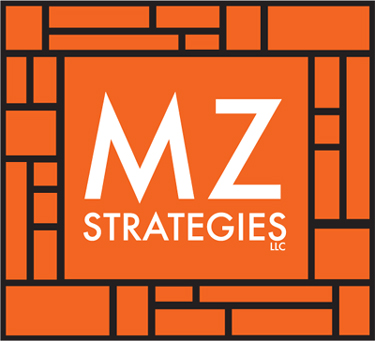Elevating Equity in Virtual Community Engagement
We need community-based organizations to be equal partners in public engagement work. They remain the closest to those we must involve, and likely have the best solutions to offer. Engaging them in a new equitable online future also helps to ensure that leaders in these communities are receiving the training, resources, and tech tools they
need to thrive in their own broader work whether that is helping to provide food, shelter, legal aid, health care, arts and culture, or job training. But how do we translate this to a COVID19 engagement world? After numerous conversations with a variety of clients, I find that the answer is simple. We need to take the same equitable engagement steps whether we are meeting in person or virtually.
